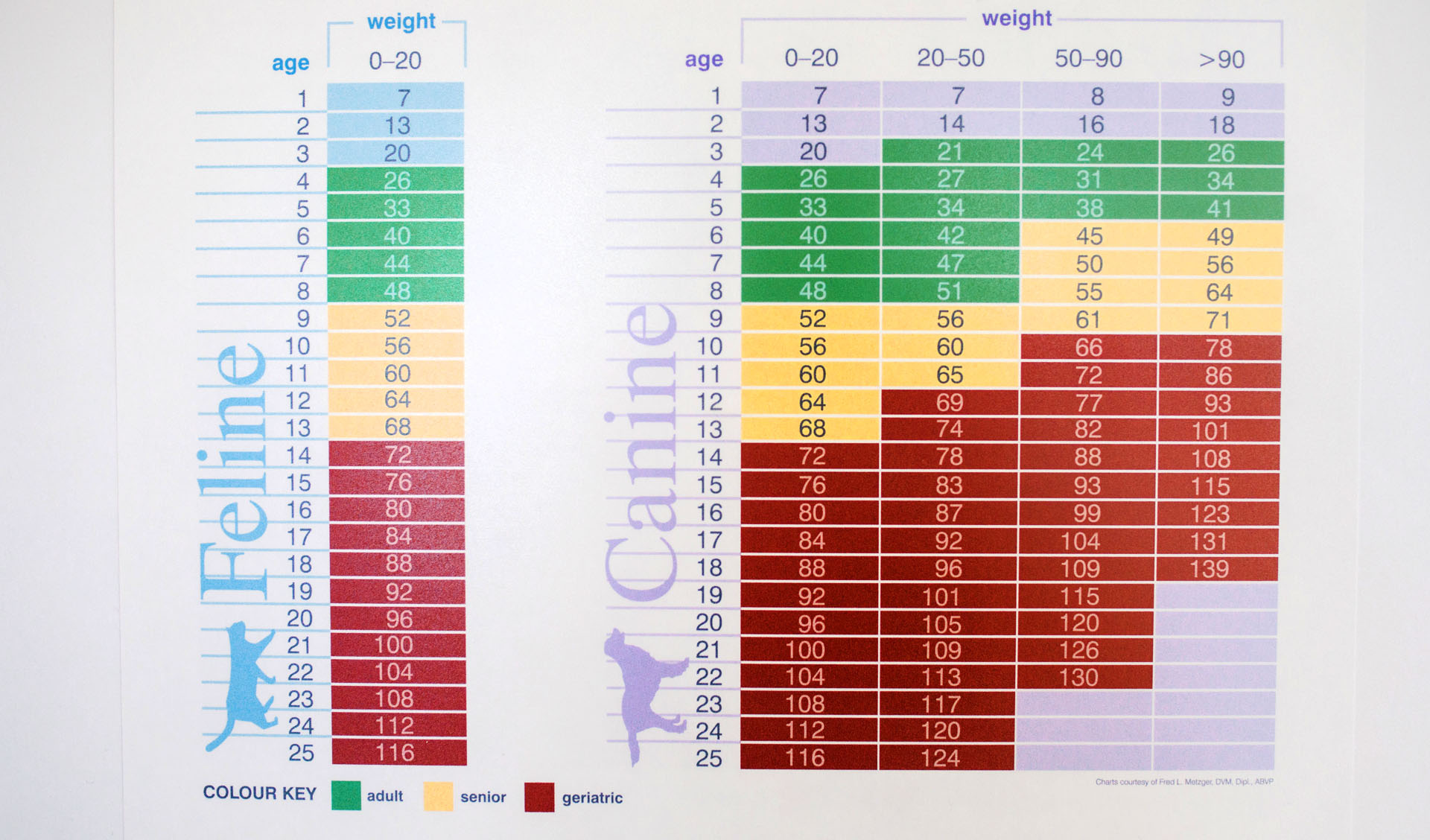Back in 2014, the staff at Centrepointe Animal Hospital had the pleasure of meeting Becky, a sweet 17 year old domestic long haired cat. Becky, a strictly indoor cat with a relatively healthy weight, was brought into the hospital because she had been walking abnormally, urinating more often and was losing weight despite drinking and eating more. On examination, Becky was plantigrade, meaning she was walking and standing on the hawks of her hind legs rather than on her paws. Dr. Theoret performed a thorough physical examination which also revealed that Becky had discomfort in her lower back, consistent with arthritis.
Bloodwork and urinalysis were performed. Becky’s glucose level was high in her blood and urine, both big indicators of diabetes. A fructosamine level was assessed and came back elevated, confirming that Becky had diabetes. The diabetes was the reason for the plantigrade stance.
Becky was immediately started on insulin injections. Becky’s devoted owner was taught how to properly perform the injections that had to be performed every 12 hours. Her food was also changed to a diabetic specific diet. Because the diabetes had progressed to the point where her hind limbs were affected, she was also started on Vitamin B12 injections in hopes of increasing the chance for Becky to regain a normal stance. Because diabetes is known to suppress the defense system and cause urinary tract infections, Becky’s urine was also cultured to ensure there was no infection. Thankfully, the culture was negative and Becky did not require antibiotics.
When a diabetic patient is started on insulin, blood glucose curves are performed to evaluate their blood glucose level throughout the day to ensure that the insulin dose is not too high or too low. Becky’s owner performed the blood glucose curves at home over the next few months. Based on the curves, the insulin dose was often increased to better control the diabetes. As the diabetes became more controlled, a set insulin dose was finally achieved and it was now just a matter of time to see how she responded.
At Becky’s follow-up assessment, she had made great progress. Her walking was improving and she was even jumping, something the owner had not seen in a while. Becky was finally taking a turn for the better and responding well. She was also no longer walking plantigrade which was an incredible improvement. Follow-up blood work was performed which showed that the diabetes was under control. With a more stable blood sugar level, Becky was then started on injectable glucosamine to help with the arthritis in her hips. Becky continued to be monitored with regular blood glucose curves to ensure that she was still at the proper insulin dose and to see if she might go into remission.
One year later, Becky continues to make great improvements. Her diabetes has not gone into remission and, although it most likely never will, her walking and level of energy has improved drastically. She no longer exhibits signs of diabetes such as increased drinking, increased urination and increased appetite. Her weight is also stable. Her recent annual blood work was good overall indicating that her diabetes was still under control. Her urinalysis was also normal and her urine culture was negative indicating no signs of infection. Thanks to her dedicated owner, Becky will continue to live a happy and healthy life!

